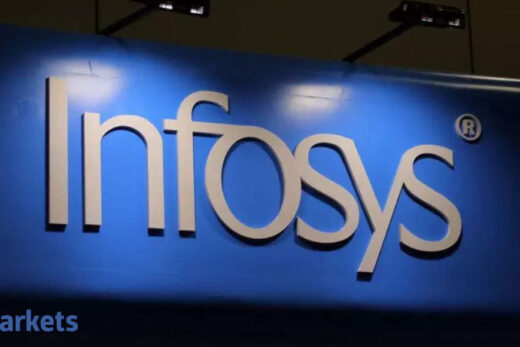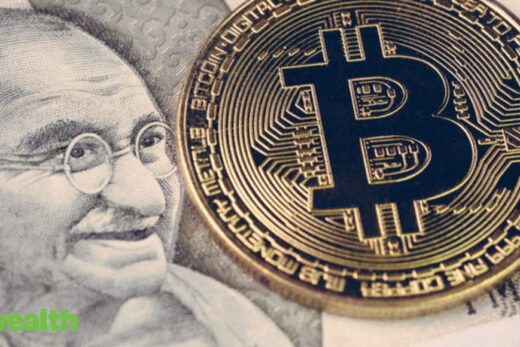The combination of the terms ‘digital’ and ‘currency’ has led to many speculating it as a new form of ‘cryptocurrency’.
Well, the market experts have discarded all such theories and advised avoiding any comparison between the two.
Hitesh Malviya, founder of itsblockchain.com, said one should not compare the newly launched digital voucher with cryptocurrencies.
“The main objective and long-term vision behind e-RUPI is financial inclusion of unbanked citizens and bridging the digital gap,” said Malviya. “It enables the government to provide financial support in the healthcare, welfare, medical sectors.”
Crypto experts welcomed the move and called it the first step towards accepting of ‘digital currencies’. They see e-RUPI as a major step towards attaining a digital economy.
Nischal Shetty, Founder and CEO, Wazir X, said it is a great initiative by the Government of India and another step in the right direction for financial inclusion. “It further bolsters India’s image as the leader of digital payments globally,” he said.
Under this new payment system, the beneficiaries will get an electronic voucher or coupon that can be used without online banking, payment applications and other traditional payment modes.
Market experts said both the ‘currencies’ may sound similar, but they draw vast and multiple differences between the two.
“Although there might be some speculations regarding the similarity between e-RUPI and cryptocurrencies, it must be noted that they are entirely different,” said Edul Patel, CEO and Co-founder, Mudrex
E-RUPI is a digital prepaid voucher that is paid for by the government. Initially, e-RUPI will be used for passing on welfare subsidies. e-RUPI comes close to Central Bank Digital Currencies, or CBDCs.
“In terms of technology, e-RUPI is different from cryptocurrencies, as the digital tokens are based on the blockchain technology. However, it enables end-to-end digital transactions without any physical intermediary,” said Shetty of Wazir X. “It also augurs well for data privacy and security as personal details are not required during redemptions.”
The purpose of cryptocurrency and e-RUPI is the same: to reach the unbanked population. But the approach is different. “Cryptocurrencies are distributed and a decentralised medium of exchange, whereas e-RUPI is government regulated,” said Malivya.
e-RUPI is trying to attain a leak-proof way of passing on government subsidies. This solution is already an inherent feature of cryptocurrencies, argue the experts.
“The hype around the similarity of e-RUPI and cryptocurrencies is ultimately creating more awareness about cryptocurrencies,” added Patel of Mudrex. “The awareness and curiosity would ultimately pave the way for a higher digital adoption.”
Overall, this heralds digitisation of India’s financial stack, Shetty said.



